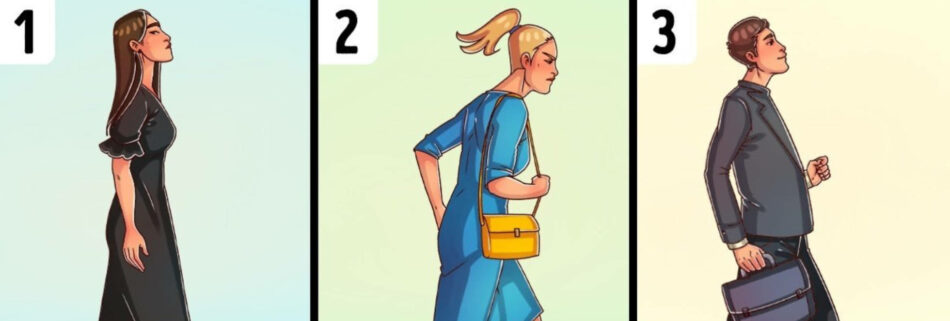Como você anda? Easily one the most common ways Brazilians express, How are you doing? / How have you been? » Como você anda? (also: Como tu andas?)
Yet, you will not find it in any language book!
- Is it slang?
- Is it an idiomatic expression?
- Is it a very new phrase?
Não, não & não.
And, I'm not sure why it doesn't appear in any learning docs except that it's possible considered too advanced or, something the learner doesn't need to know.
You do.
It's used all the time here. And not just as a greeting but in a much broader context of, have you been doing x & y... Like this:
Have you been talking with your neighbors today? ➾ Você andou falando com os seus vizinhos hoje?
But how does this work? ANDAR in Portuguese is one of those verbs that can simplify the language. While there is a more formal verb tense for expressing ongoing action in the past ~ the Present Perfect tense this tense tends to sound pretty formal, and can be tricky to say. Here's this same sentence in the present perfect ➾ Você tem falado com os seus vizinhos hoje?
Much better, right?
And that's the reason it exists - like so many things Brazilian ~ to sound better, more pleasant.
ANDAR in Portuguese
Normally, the verb ANDAR means to walk, to go around, roam. How does it get to express, been?
Ela anda rápida! ➜ She goes fast!
Vamos andar de bicicleta. ➜ Let's go by bike.
Não anda na rua. ➜ Don't walk in the street.
ANDAR is also used to express BEEN, as in been doing this or that. It’s considered a shorthand/conversational method and is used as a substitution for the grammatically correct conjugation into the Present Perfect form of the verb ANDAR. It sounds more streamlined, and a bit less formal.
Como você anda hoje? How are you doing today?
Você anda trabalhando seu projeto? Have you been working on your project?
You can think of this as been going around -- which makes sense.
✻ For this last one I include "going around" in the translation because it fits pretty well. And that's really how you should think of this translation: going around, doing ☞ andar
One last comparison between the formal, present perfect version, and this one - this time to say,
Using andar » Eu ando preocupado.
Using the present perfect » Eu tenho andado preocupado.
Portuguese is a complicated language and in general, Brazilian seek out shortcuts to simplify when possible.
You can of course get real fancy with this one and use it complex tenses like:
You will also hear people saying, Como tu andas?. This is an even less formal method, utilizing the tu form.


 Etiquette in Brazil
Etiquette in Brazil
Comentários